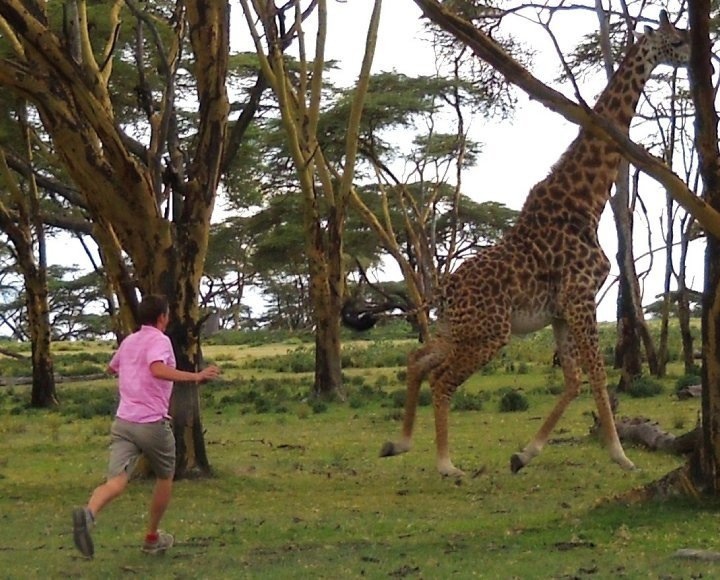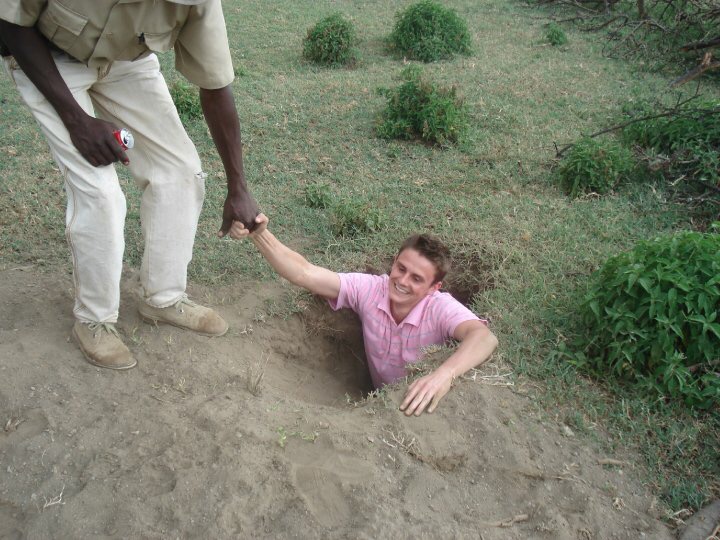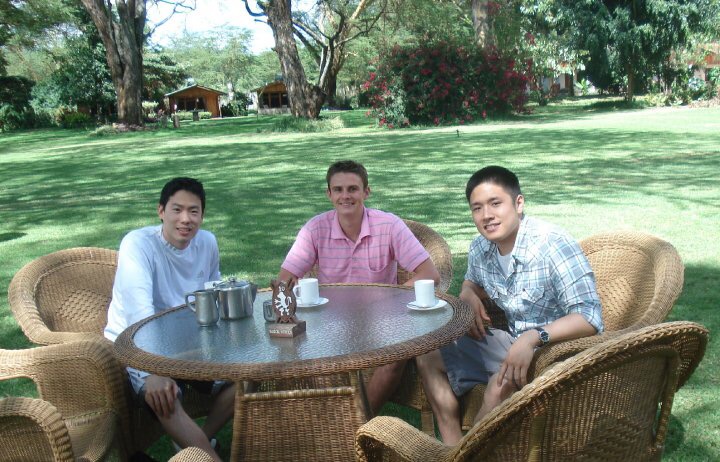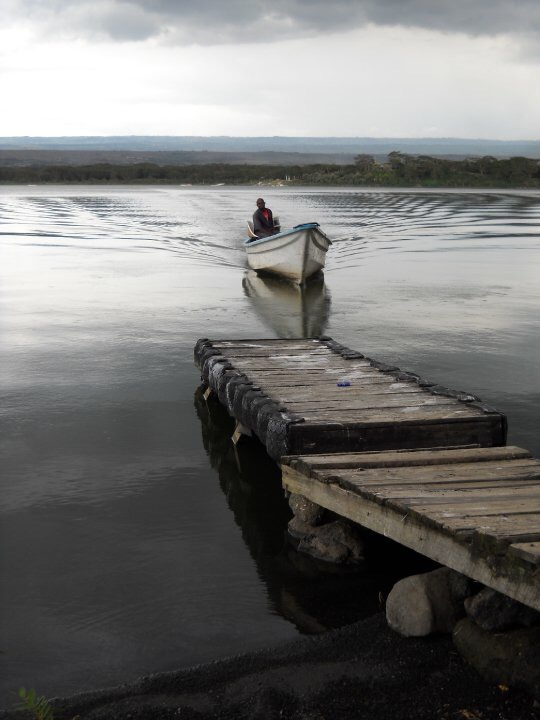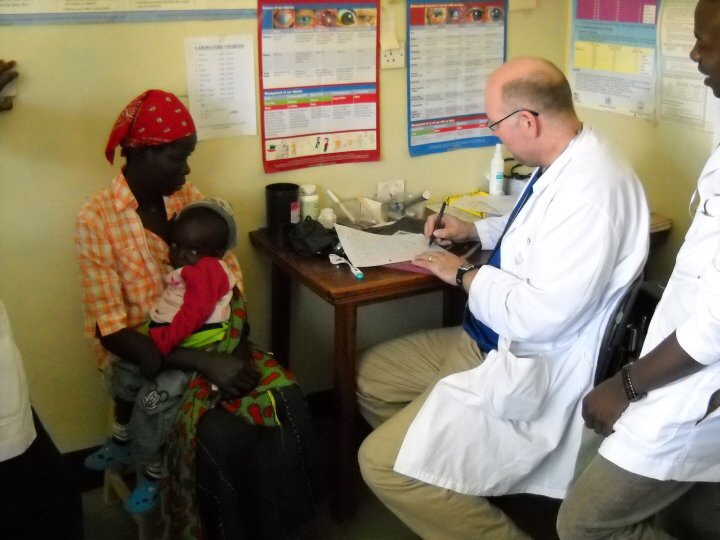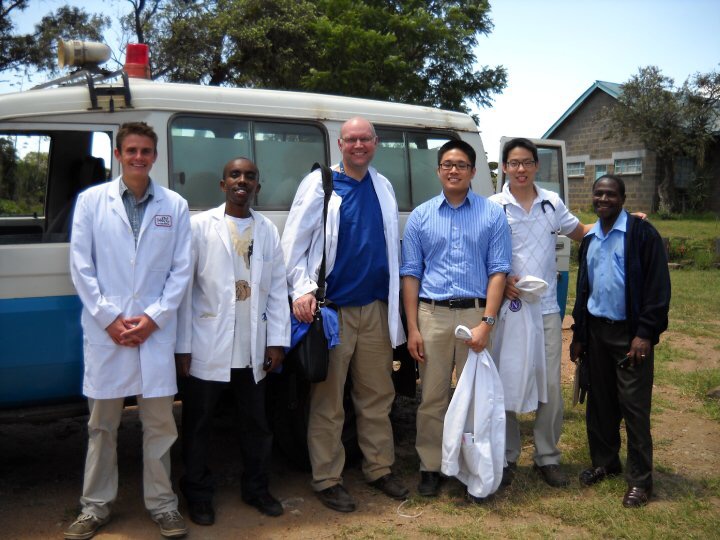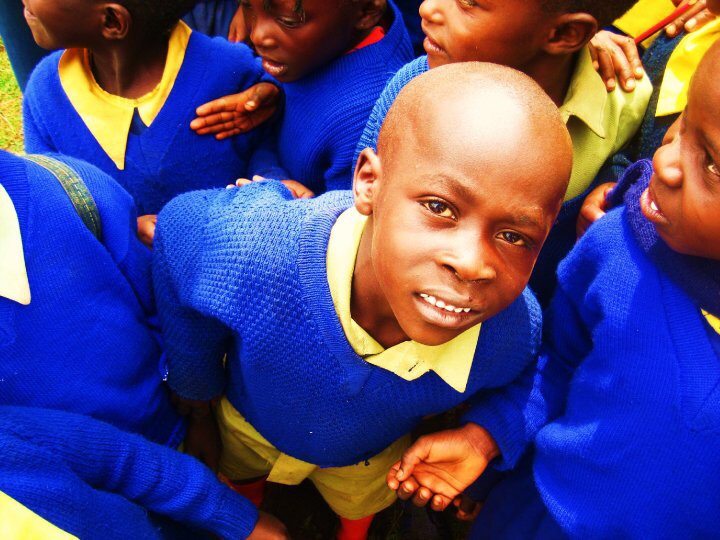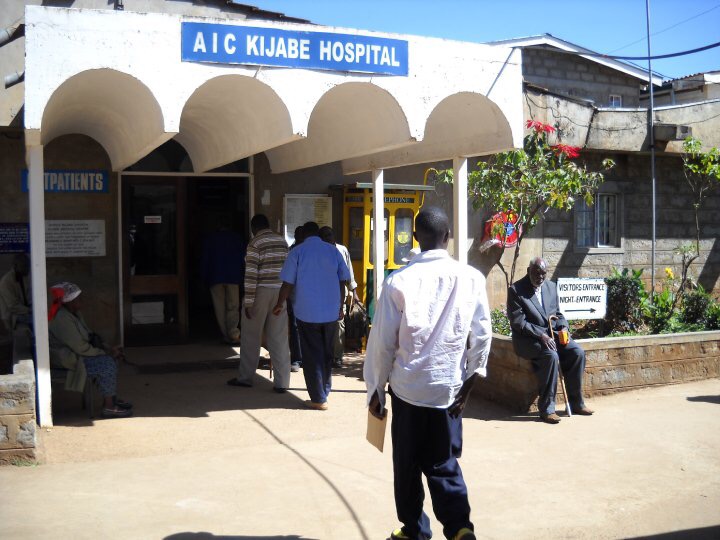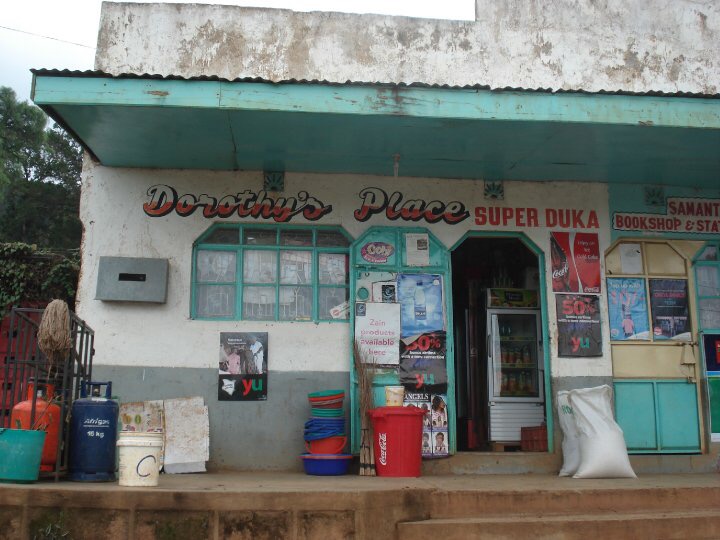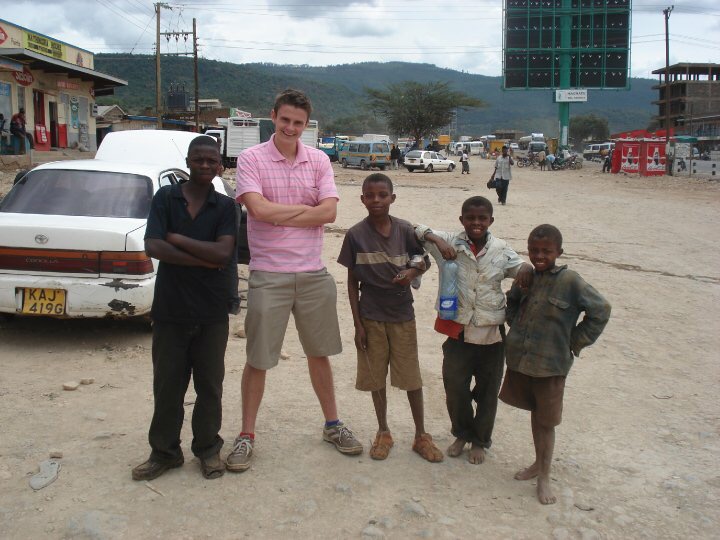
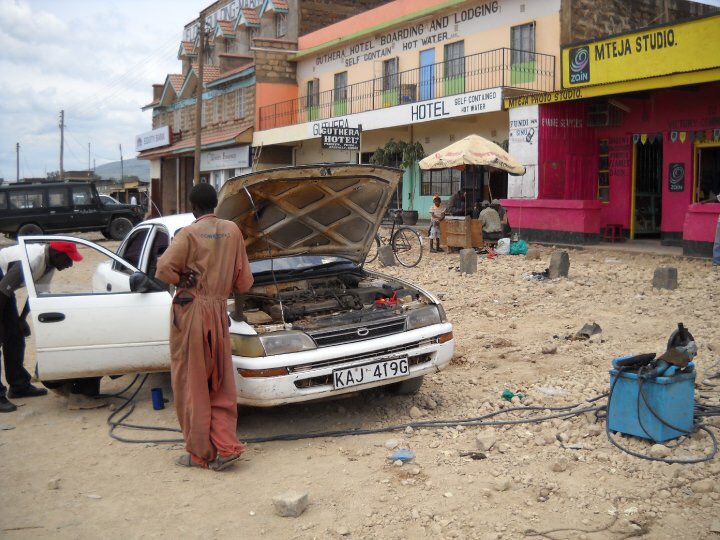
this week i have been in the outpatient and casualty departments in the kijabe hospital, shadowing a really cool american doctor who speaks fluent somali, arabic, and about seven other languages. and when he’s not there, shadowing a family practice resident who is in the u.s. airforce. and when he’s not there a very goofy clinical officer (kenyan equivalent of a physician’s assistant) who wants to emigrate to canada. i think that this emergency department-style medicine is my favorite kind, because there is lots of interaction with patients (and their families), there’s lots of variety, and you never know what’s going to happen next.
the other day a lady came in who we finally found out had aids even though she told us she didn’t tell us at first. (it directly related to the nature and urgency of her problem). but her husband didn’t know she was positive, and she refused to tell him (in the west someone could be and has been charged with attempted murder for such stubbornness). anyway, she finally agreed that the only way she would accept treatment (and if she didn’t get treatment she would probably die the next day because she had meningitis) was if the doctor called her husband in and “nonchalantly suggested” that they both be tested for hiv, so that the truth could come out without the husband knowing the wife had previously known about her status. well, when the husband was told this it did not go over well – he gritted his teeth and got a look on his face that suggested he was going to strangle his wife the minute they left the office, if not the doctor before that. it was kinda intense. speaking of aids, there was this woman who came in who was negative but has a positive husband who she really wants to have a child with. she wanted to know the best days of her cycle for conception. what should the doctor say to that? in other news, there was a radiologist here from montana that i got to hang out with a bit. he ultrasounded me for about two hours one day, demonstrating to the ultrasound techs how to find every organ possible. turns out i have a large spleen.
i also got to go back to joytown, the home for disabled kids. this time dr. bransford was giving a tour to a group that is going on a medical missions trip to sudan. that is the main reason he goes there, but whenever we are there he sits down with the therapists for a couple hours and brings in child after child to try to figure out what is wrong with them. there are only a couple therapists there, taking care of 300 kids who in the west would probably have one-on-one care. unfortunately one of the byproducts of this relative lack of care is that a lot of the kids with paralysis die needlessly from kidney failure because their bladders aren’t being managed properly. these kids (some as young as five) are being taught to catheterize themselves on a regular basis. imagine trying to learn to catheterize yourself at age five. i’ve also been making some cushions out of old foam mattresses, plastic shopping bags and tape to put on the hard schoolroom chairs so these kids don’t get sores that get infected and then kill them. perhaps the craziest thing about the whole setup is that its a pediatric neurosurgeon who goes there every now and then to give tours that has to notice something obvious like that before anything gets done.


